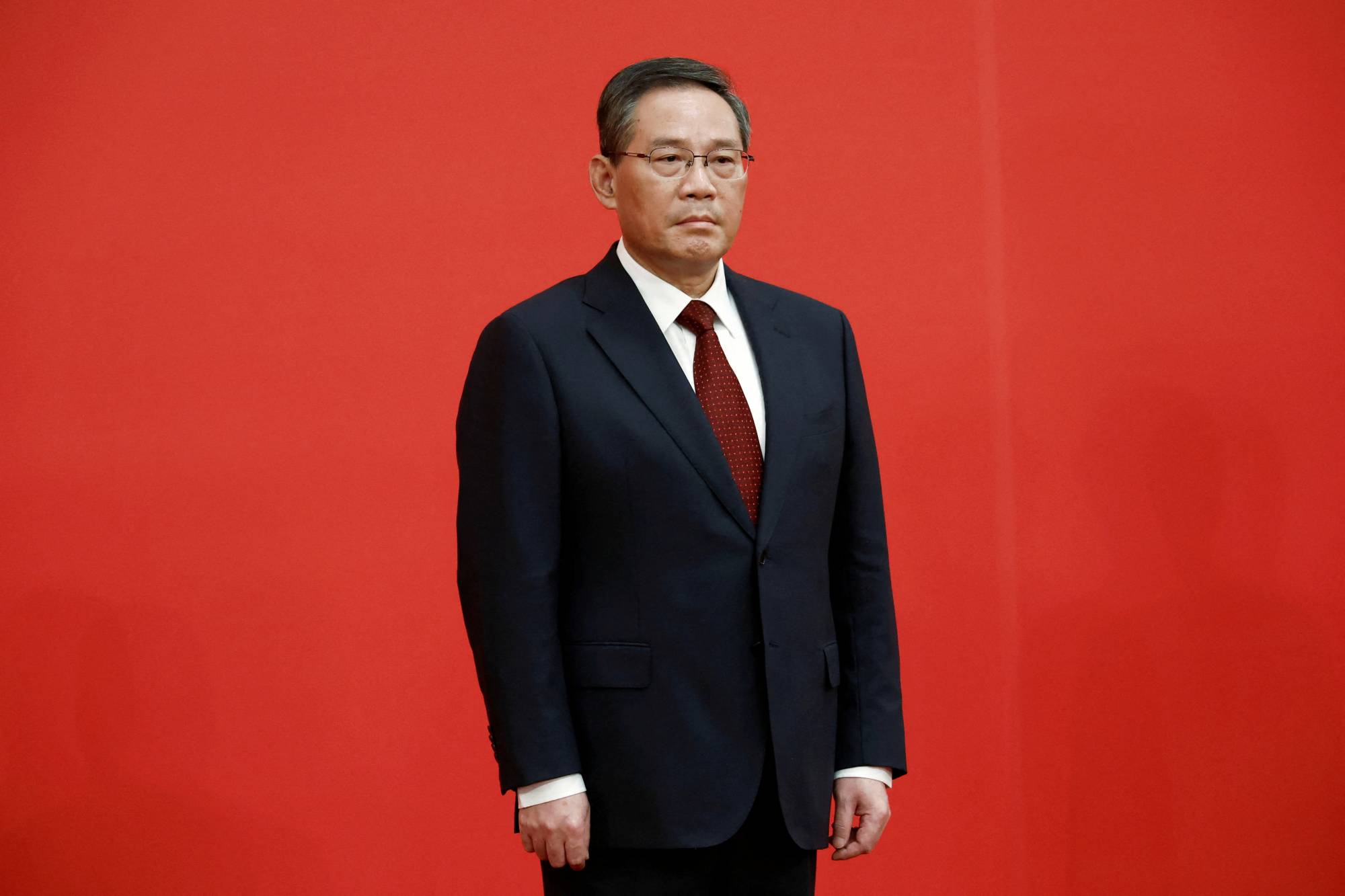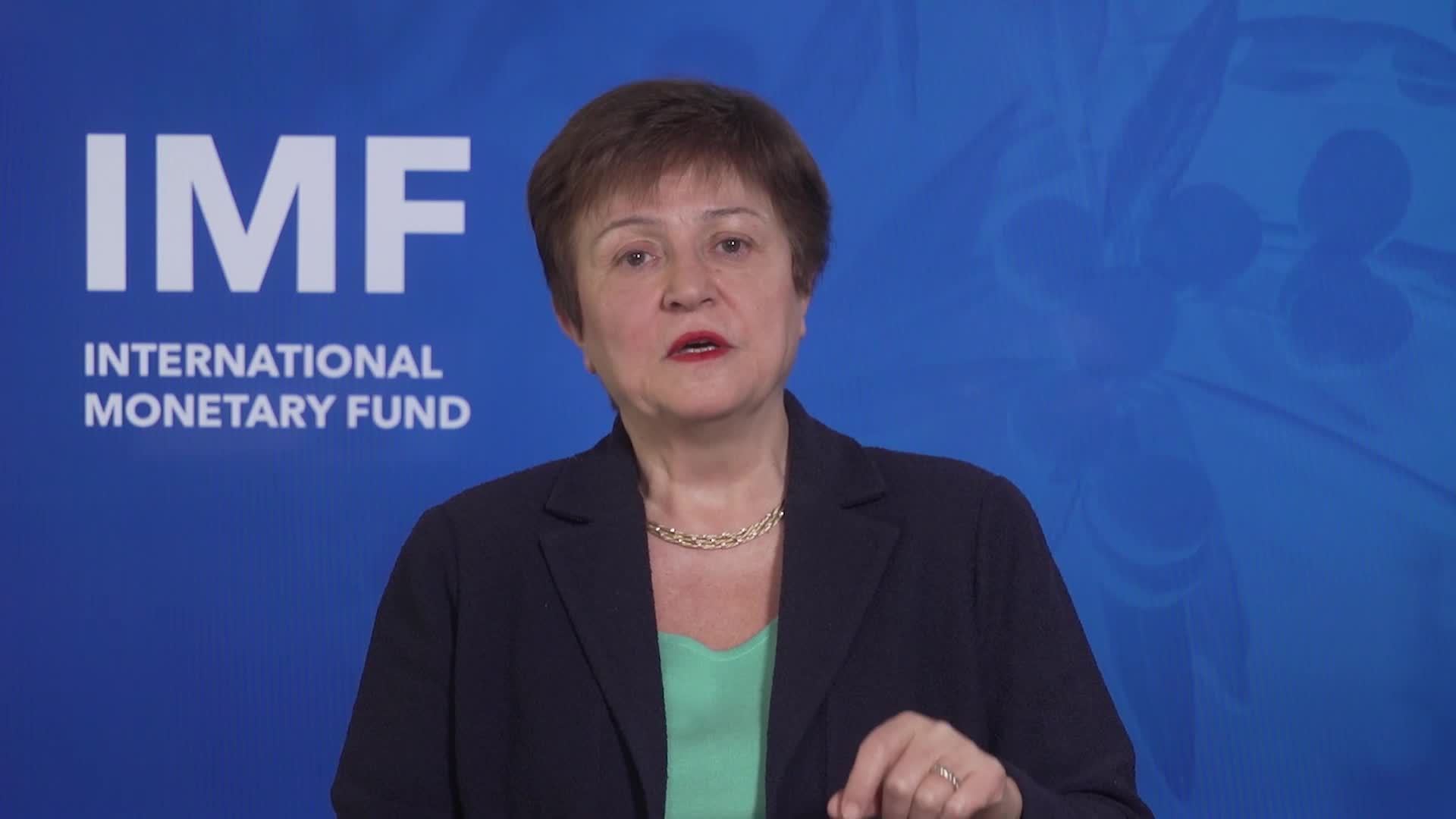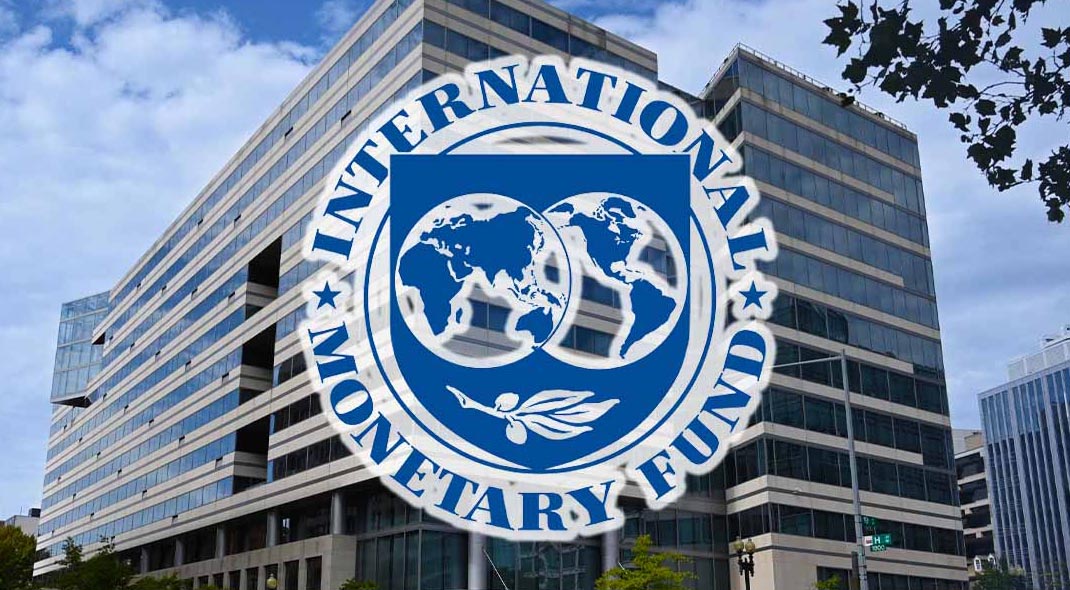In her address to the China Development Forum, International Monetary Fund (IMF) Managing Director Kristalina Georgieva emphasized the potential for significant growth in China through a comprehensive set of pro-market reforms.
Georgieva outlined that these reforms could lead to a substantial increase in economic expansion, equivalent to a 20% rise in the real economy over the next 15 years, amounting to a staggering $3.5 trillion added to China’s economy.
Georgieva stressed the importance of addressing sustainability concerns within the property sector, reducing debt risks, and prioritizing domestic consumption.

She highlighted the need for decisive actions to diminish the stock of unfinished housing and allow market-based corrections in the property sector, which could foster solutions to existing challenges and bolster consumer and investor confidence.
Despite ambitious growth targets set by Li earlier this month, Georgieva underscored the necessity for China to pivot towards relying more on domestic consumption.
This could be achieved by increasing incomes, enhancing families’ purchasing power, and expanding the social security system, particularly the pension system, in a fiscally responsible manner.

Georgieva also recommended establishing a robust regulatory framework for artificial intelligence (AI). In line with this, China’s industry ministry issued draft guidelines in January to standardize the AI industry by 2026.
Furthermore, Georgieva highlighted China’s significant potential in advancing the green economy, particularly in renewable energy deployment. However, she emphasized the need for selling a greater share of electricity at market prices to efficiently decarbonize.
Georgieva suggested expanding the emissions trading system (ETS) to include the industrial sector, which currently covers the power sector and is expected to incorporate sectors like cement and aluminum by the end of 2025.







Leave a Reply